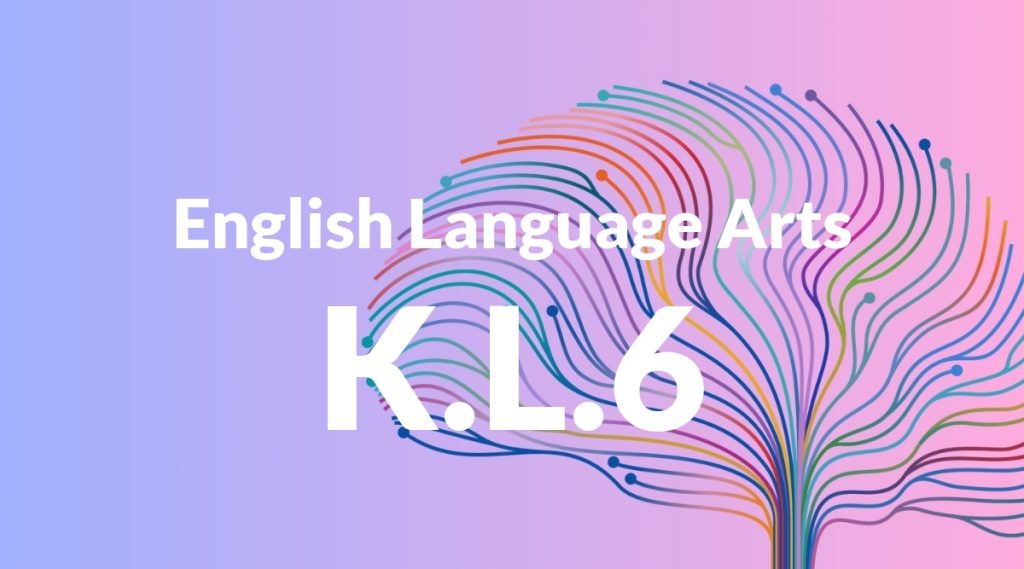Standard: K.L.6 – Use words and phrases acquired through conversations, reading and being read to, and responding to texts.
Grade level: Kindergarten
Subject: English Language Arts
Domain: Language
Teacher Overview
This standard emphasizes the importance of vocabulary acquisition through various means such as conversations, reading, and responding to texts. It is crucial for kindergarten students as it lays the foundation for their language development and communication skills. Students should be able to listen attentively and understand simple spoken words and phrases. Familiarity with the concept of reading and being read to is also essential.
After mastering this standard, students will be able to use a wider range of vocabulary in their speaking and writing, understand more complex texts, and improve their overall communication skills.
Common Misconception 1
Some students might think that new words are only learned during reading time. This is incorrect because vocabulary can be acquired through various daily activities and interactions.
Intervention 1
To address this misconception, teachers should integrate new vocabulary into different parts of the day, not just during reading sessions. For example, using new words during playtime or meal discussions.
Common Misconception 2
Another common misconception is that hearing a new word once means they fully understand it. This is incorrect because understanding and mastering new vocabulary requires multiple exposures and contexts.
Intervention 2
Teachers can address this by providing repeated and varied exposure to new words. Activities such as word games, storytelling, and role-playing can help reinforce new vocabulary.
Prerequisite Knowledge
Students should have basic listening skills and the ability to understand simple spoken words and phrases. They should also be familiar with the concept of reading and being read to.
Subsequent Knowledge
Students will develop the ability to use a broader vocabulary in speaking and writing, understand more complex texts, and improve their overall communication skills.
Instructional Activities
- Storytime discussions focusing on new words
- Word games like ‘Simon Says’ using new vocabulary
- Role-playing scenarios incorporating new phrases
- Art projects that require labeling with new vocabulary
- Daily conversations that emphasize the use of new words




